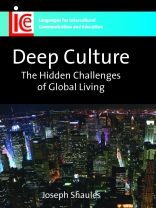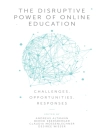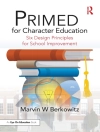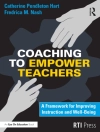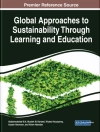A straightforward guide to understanding the hidden cultural challenges of adapting to life abroad. Combining intercultural theory and the voices of sojourners who talk about their experiences, it maps out the process of resisting, accepting and adapting to cultural difference. We see that all sojourners, from tourists, to expatriates to immigrants, go through a similar learning dynamic. We learn that intercultural experiences can be deep or shallow, and that hidden cultural difference can increase sojourner prejudice. The book examines intercultural sensitivity while avoiding “feel good” idealizations about cross-cultural contact. It brings clarity to debates regarding the importance of cultural difference and the effects of globalization. An essential resource for sojourners, language teachers and intercultural educators.
Tabla de materias
Introduction
Part 1: The Intercultural Experience
Chapter 1: Intercultural Contact in the Global Village
Chapter 2: Objections to Culture
Chapter 3: Understanding the Deep Structure of Culture
Chapter 4: Deep Cultural Difference and Increased Prejudice
Chapter 5: What is Successful Cultural Learning?
Chapter 6: The Process of Intercultural Learning
Part 2: A Model of Cultural Learning
Chapter 7: The Deep Culture Model
Chapter 8: Resistance to Change
Chapter 9: Acceptance of Difference
Chapter 10: Adaptation and Cultural Identity
Chapter 11: Resistance and Rapport
Chapter 12: Beyond Adaptation
Chapter 13: Implications for the “Global Village”
Glossary
References
Sobre el autor
Born in California, Joseph Shaules (Ph D) has worked in language and intercultural education for more than 20 years. For ten years he was a tenured faculty member at Rikkyo University, Tokyo. He has worked in curriculum design, educational publishing, and was the co-presenter of the NHK television program Crossroads Café. He teaches courses in intercultural education at the Rikkyo Graduate School of Intercultural Communication. He does intercultural training in Japan, and has lived and worked abroad (Mexico, Japan, and France) for more than 20 years. He is proficient in English, Japanese, French and Spanish. He created the PICO Intercultural Learning System and is the director of the Japan Intercultural Institute.
